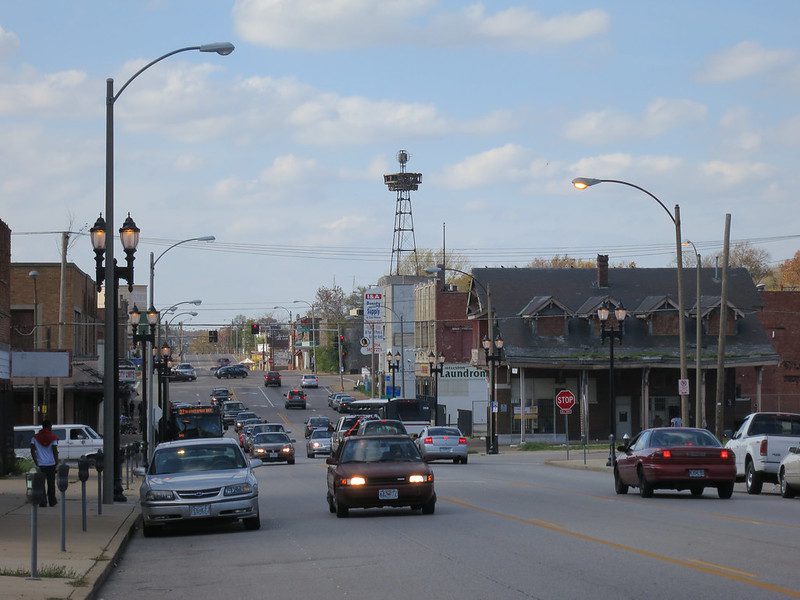Immigration is finally Topic A. For many of us who have been working with low income people and disadvantaged communities, this day has been a long time coming. Even more interesting, according to Pew research, quoted this week in The New York Times, we have even more incentive to solve the immigration issue—due to the depressed U.S. economy, better times in Mexico and population trends, the United States will likely see far fewer immigrants in the near future.
Groups like Gamaliel, PICO and the Center for Community Change have long advocated that our moral values need to lead the immigration discussion. Now more conservative forces in our society are realizing that immigrant and Latino political clout is a force to be reckoned with. It's time to come to the table and see if we can reason together. We may be able to seize this moment and find a just solution that makes both political and economic sense.
Most of the immigrants rights groups who have been advocating for a path to citizenship for the last ten or so years have done so through lifting up their concerns in public actions. At Gamaliel, a network of faith-based organizing groups, we voiced our concern for the civil rights of immigrants in 30 public meetings this fall, gaining commitments for dual language immersion schools as well as other wins for immigrants.
The meetings were organized by grassroots leaders of faith congregations and their allies such as the Arab American League, the Service Employees International Union and the American Federation of Teachers.
Each public meeting opened with a ritual of solidarity. The ”Fire of Faith”—literally, a flame in a firepot—was delivered by a national Gamaliel leader to the hundreds (and, in some cases, thousands) of people in attendance—representing the faith community, as well as labor unions, community groups, business, and government
The meetings included immigrant-specific issues, but were not limited to them, which made the solidarity stronger. Here are a few victories that resulted from the fall meetings:
-
Gamaliel of Metro-Chicago won a commitment from Chicago Public Schools to fund dual language immersion programs. -
In Kansas City, Missouri, MORE2 promoted two city ordinances: Ban the Box, to remove any criminal history questions from employment applications; and the strengthening and renewal of the Workforce Ordinance, which is responsible for ensuring jobs for women and minorities on city-funded construction projects. -
In Western New York, Gamaliel affiliates VOICE and NOAH won a commitment from nine local and state legislators to create a fair and equitable stream of funding to transit in the area, and to increase funding for the Niagara Frontier Transit Authority for bus operations by up to $1 million.
The kind of solidarity displayed at these meetings between divergent players is exactly what it will take to negotiate the current immigration debate. If local leaders can come together and realize such important gains on a diverse agenda in their communities; can't we repeat this give and take on the national level? Surely now that we have some crucial momentum on immigration, we can finally solve this lingering problem that has torn so many working families apart in an expeditious and sensible fashion.
(Photo by Nevele Osteog, CC BY.)





Comments